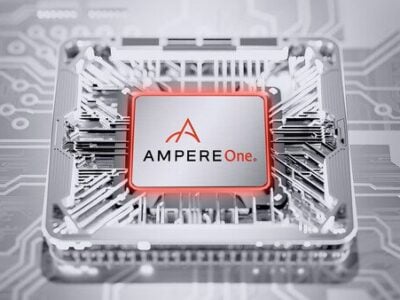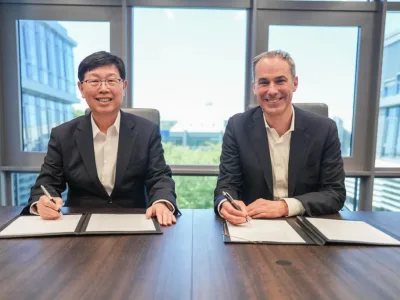
Germany pushes for more semiconductor independence from US, China
The Research Ministry has presented two new funding programs with a combined value of €45 million (about $50 million) with the aim of developing “trusted” electronics. These funds are intended to supplement existing funding programs of the Ministry of Economic Affairs for chip production and to expand the microelectronics research program.
However, the additional money is a tiny amount compared with the $22.8 billion the United States is considering earmarking in support of US chip manufacturing (see CHIPS for America Act promises $22.8 billion in aid).
Nonetheless, under the so-called Zuse program the German ministry of research plans to support three processor development projects with €25 million. In addition from the beginning of 2021, a further €20 million will be used for the development of a “trusted ecosystem” into which domestic hardware and software components are to be integrated.
It is not clear how much of this will be performed at a Germany-only level and how much will be done under co-operation within the European Union. A number of initiatives with this theme have already emerged. Globalfoundries, a US-headquartered foundry company with a fab in Dresden, was granted “trusted” European status recently (see NXP helps GloFo gain European trusted manufacturing status). Also a small German company Cologne Chip AG has developed a family of field programmable gate arrays (FPGAs) that are manufactured at the Dresden wafer fab (see Low-cost European FPGA launched with IPCEI support).
This form of local design, development and manufacturing approach to integrated circuits may indicate what German is seeking to extend under Zuse. Nonetheless Europe relies on a great deal of US-origin EDA software and chip manufacturing equipment. And European chip companies have largely dropped out of manufacturing leading-edge digital chips preferring to adopt a so-called fab-lite strategy. The most advanced wafer fabs for digital chip production in Europe owned by Intel in Ireland and Globalfoundries in Germany.
Next: Yes Minister
Research Minister Anja Karliczek said the strategic importance of electronics is growing in security-critical areas. The minister mentioned mobile communications, autonomous driving, medicine, but also Industry 4.0, according to the report. The minister reportedly said there should be a double strategy to break Germany’s addiction to Chinese and American technology. One arm of that strategy is to set stringent standards for the use of electronic components in Europe. The other is to promote the development of domestic electronics components – for example for 6G cellular communications.
The report quoted Gunther Kegel, president of the Association of Electrical, Electronics and Information Technology (VDE), as saying (translated from German): “We need the entire value chain, from the design of processors to the production of semiconductors.” Kegel highlighted the European Union’s Gaia-X project which is intended to be a European cloud and infrastructure in which sensitive data from European companies can be stored. “For special processors in particular it is important that we have a complete process in Europe,” the reported Kegel saying.
As to where the project name comes from: Konrad Zuse (1910 to 1995) was a German pioneer of computing and is credited by some with being the inventor of the first digital programmable computer.
Related links and articles:
Frankfurter Allegemaine article
News articles:
NXP helps GloFo gain European trusted manufacturing status
Low-cost European FPGA launched with IPCEI support
CHIPS for America Act promises $22.8 billion in aid
Globalfoundries secures option on land for chipmaking expansion
 If you enjoyed this article, you will like the following ones: don't miss them by subscribing to :
eeNews on Google News
If you enjoyed this article, you will like the following ones: don't miss them by subscribing to :
eeNews on Google News




